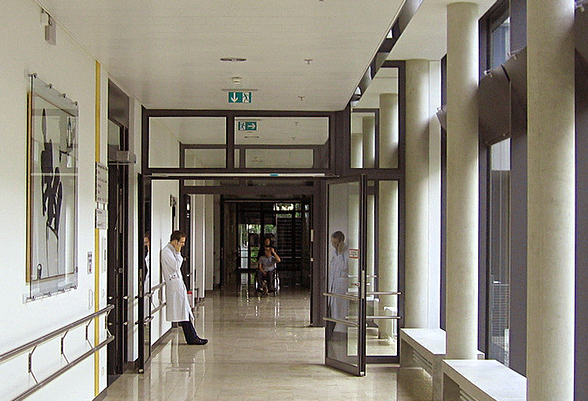Why 10% Of Colon Cancers Go Unnoticed: Current Screening Guidelines For Colorectal Cancer May Be Inadequate, Survey Finds

Current colon cancer screening guidelines are inadequate and may allow up to 10 percent of all colorectal tumors to go unnoticed. That is the conclusion of a new study from the Huntsman Cancer Institute (HCI) at the University of Utah, where researchers have examined data from 127,000 people who underwent a colonoscopy between 1995 and 2009. The findings suggest that national prevention strategies may need to become more aggressive.
Published in the journal Cancer, the comprehensive survey examined how an individual’s family history influences their chances of developing colon cancer. The researchers used hospital records to quantify the increased risk for first-, second-, and third-degree relatives of patients with adenomas – a group of colon polyps that lead to colorectal cancer. While the team did detect an increased risk, they also discovered that a surprising number of colon cancers slip under the radar in current screening practices.
"We expected to see increased risk in first-degree relatives, but we weren't sure the risk would also be higher for more distant relatives in multiple generations," said N. Jewel Samadder, a HCI researcher and principal investigator of the new study. "The biggest surprise was the percentage of missed cancers under the current guidelines. We figured there would be a few percent, but 10 percent is a large number.”
According to the U.S. Centers for Disease Control and Prevention (CDC), colorectal cancer is the nation’s second deadliest cancer, killing over 50,000 of the 136,000 it affects each year. That said, early detection is often accompanied by good prognosis, as precancerous polyps can often be removed surgically before a tumor develops. For this reason, health officials recommend a colonoscopy every decade starting at age 50. First-degree relatives of individuals diagnosed with colorectal cancer before the age of 60 should undergo the same screening every five years starting at age 40.
"Our results support the current screening guidelines, but they also raise the issue of whether some level of more aggressive screening should be considered, not only for first-degree relatives of patients with polyps diagnosed at or below age 60, but also for those first-degree relatives of patients diagnosed above age 60," Samadder explained in a press release. "To validate other components of the current screening guidelines, we need to continue with a more in-depth examination of the risk of colorectal cancer in relatives of patients diagnosed with colorectal cancer or advanced adenomas, looking at factors such as the size of the polyp, the degree of cell abnormality and location of the tumor in the bowel."
Source: Tuohy, T. M.F., Rowe, K. G., Mineau, G. P., Pimentel, R., Burt, R. W. and Samadder, N. J. (2013), Risk of colorectal cancer and adenomas in the families of patients with adenomas. Cancer.
Published by Medicaldaily.com



























